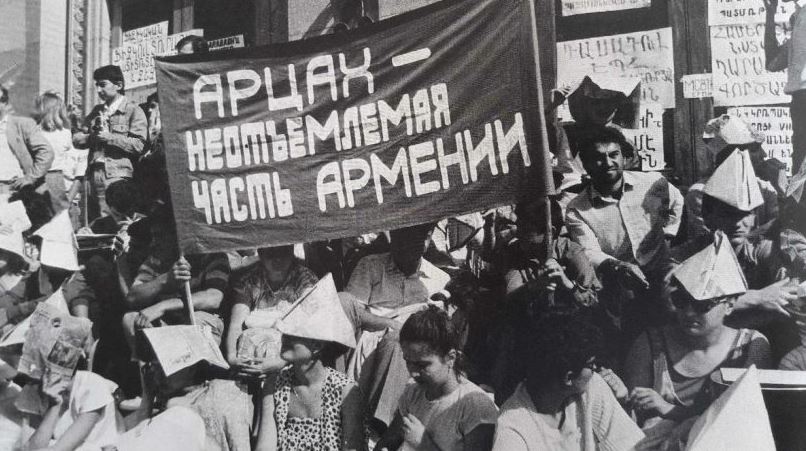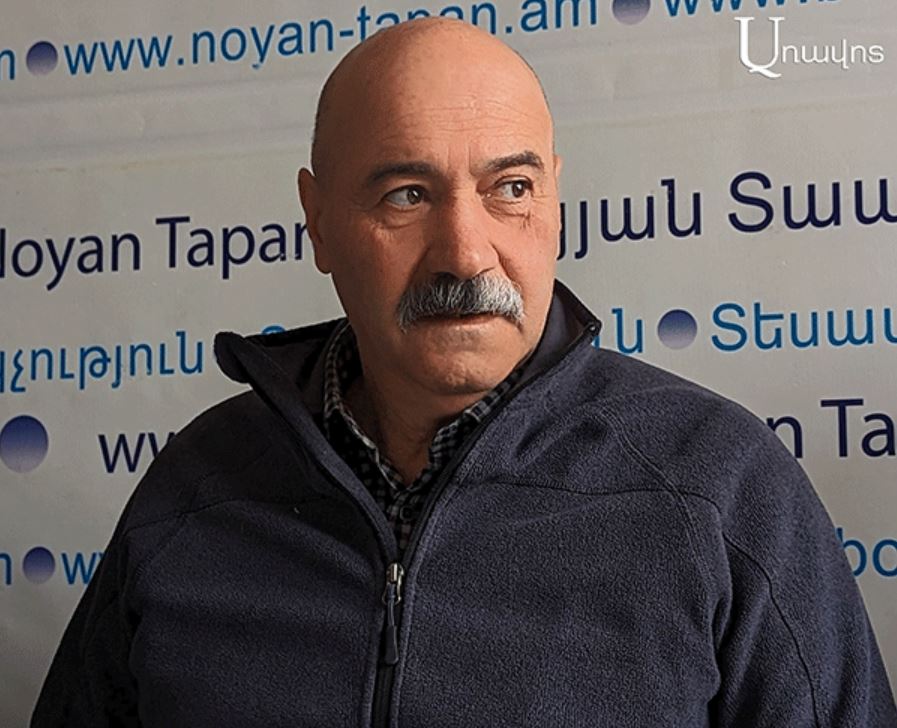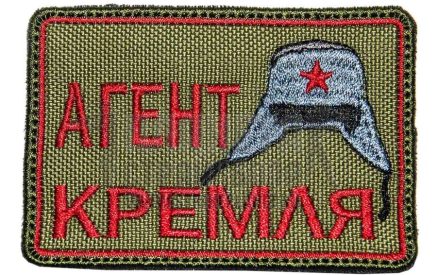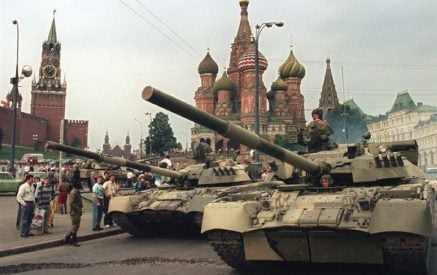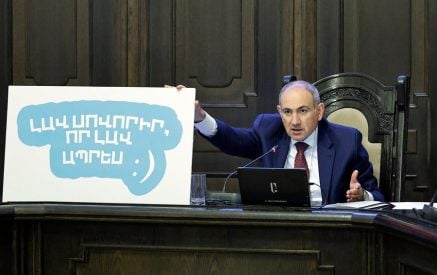What is the origin of the Artsakh movement? Is it the year 1988, as is usually presented? At the meeting with journalists at the “Noyan Tapan” news agency, the participants of the Artsakh movement responded to this question and gave details. “The movement started from the day when Karabakh was annexed to Azerbaijan. Every decade there was a movement in Karabakh that was suppressed. For example, the uprising of 1920. In 67-68, they wanted to acquit a Turk; the people stood up. The Turk had killed a child. The court was proceeding in such a way that he should be released. It was cynicism,” noted the first commander of the Artsakh self-defense forces (1990-92), freedom fighter Arkady Karapetyan and continued, “The Soviet army had entered the city then. Those caught and shot were all Armenians; to the Turks, nothing.” In 1974, Karapetyan was a member of an underground organization with his friends.
“Gradually, groups were formed in all regions. We also established contacts in Yerevan. I was personally in touch with Suren Ayvazyan. In 1985, we did a private signature collection, which was unsuccessful, but it boosted the movement. Azerbaijanis knew about it. It turned out that there were “agents” among us too. According to Arkady Karapetyan, the active period started again in the spring of 1988, when signatures were collected in parallel.
“We presented to the Central Committee, the Kremlin, saying that the people want to reunite mother Armenia. We were aware that we were a part of RA; it was just an injustice during the Soviet Union that we were attached to another country. The awakening began. There was a demonstration in Yerevan, which continued. In Artsakh, each group was associated with one person. Those people had more experience than us: Bagrat Ulubabyan, Igor Muradyan, Suren Ayvazyan, and Zori Balayan. The time came, and all the groups of Karabakh should unite with one organization because the situation was changing quickly. We had to solve our problems and respond to the situation in time. It was not accepted unequivocally, but in two months, the organization was created.”
Read also
Arkady Karapetyan also recalled how the signatures representing the people’s demands were taken to Moscow. “In 1988, when one of the Crimean Tatars set himself on fire in Red Square, the Kremlin reacted, and we had an idea to speed it up because we knew the Soviet policy. The Crimean Tatars could resolve their issue, and the national issues would be closed. That’s why we decided to go ahead.”
The speaker noted that the formation of Artsakh self-defense forces was still being organized underground before the visible part of the movement started. “Our authorities have distorted history. On February 12, there was a rally not only in Hadrut but also in other regions. We had planned the rally on February 15, but people were sent to suppress us, so we accelerated it and presented our demands. That’s how the movement started; until then, we held open meetings in factories and different places and adopted resolutions, which we collected and sent to Moscow with the same demands. One political demand was to reunify. We have not set any other requirements By the way, there are some Turks who signed it.” According to Karapetyan, today, they are trying to erase from our memory that we can organize and win.
“That’s why we are belittled and distorted today. The people do not know the reality either. The circles that started the movement even oppressed us, together with the Soviet authorities. Today in Artsakh, we can self-organize. For more than ten years, on my initiative and with the help of my friends, every year on February 13, we gather in Stepanakert square and celebrate the day. When people do not know what happened, history punishes them with repetition. But what we organized will be organized again. They will find a way out. It is impossible not to organize”. According to Arkady Karapetyan, they tried to buy the leaders with money during the Artsakh movement.
“They offered 400 million rubles. They brought various products. We sent the trains back. We didn’t sell out, that’s why we won. What is happening today is the same then. Igor said he was called and told that it was over and there would be no more movement. It was on Harabyan Street, in an apartment. He says that he got off at the bus stop, sat in the rain for two hours, and said to himself, “I suddenly realized that I am the leader of the movement.”
Luiza SUKIASYAN
Photo credit civilnet

















































